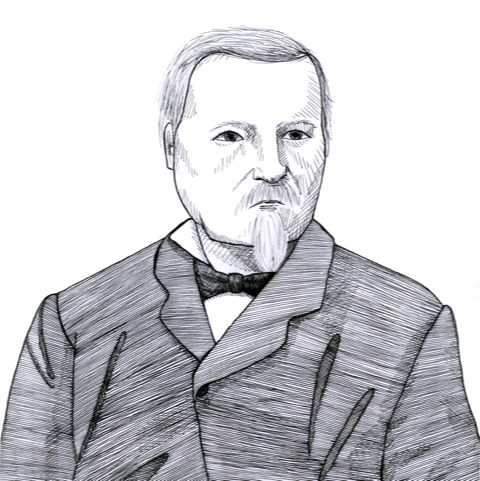
Molinari calls the idea of using tariffs to promote a nation’s economy “a monstrosity” (1852)
Found in: Cyclopaedia of Political Science, Political Economy vol. 3 Oath - Zollverein
The Belgian-French economist Gustave de Molinari (1819-1912) thought that since the borders of nation states were usually decided by historical accident or the hazards of war, to erect tariff barriers along their borders was “a monstrosity”:
Free Trade
Why should an attempt he made to establish a national trading system based upon so-called economic necessity, in states whose formation was controlled by no economic views, states of which the hazards of war and of alliances alone decided the boundaries? Is it not the height of absurdity to transform these frontiers, which chance events have alone determined, and which it may enlarge or contract to-morrow, into formal boundaries which limit trade? Is not an economic system which is founded on a political basis and which is politically modifiable, a monstrosity to which good sense objects?